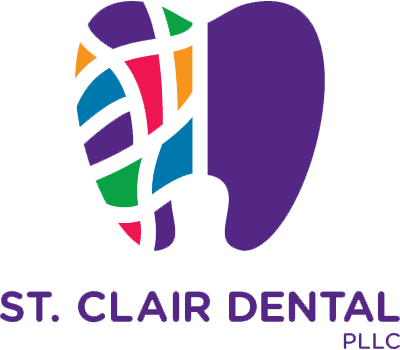Patients have various dentists to choose from for their oral health – endodontists, prosthodontists, orthodontists, and even oral surgeons. However, most specialties work to treat more complex conditions. Oral surgeons are considered a valuable asset in dentistry due to the specifics of their field. Choosing between a general dentist or oral surgeon for your concern can be challenging when it comes to your treatment. That’s why we’re here to help you decide if seeing an oral surgeon is best for you!
General Dentists vs. Oral Surgeons: What’s The Difference?
Oral surgeons and general dentists are both irreplaceable in dentistry – just like many other specialties, these two groups of dentists focus on different aspects of your care to improve your oral health. However, they both makeup parts of what’s considered complete dental care, as each person’s oral health is unique. When it comes to these two dentists, they’re vastly different in many ways, including:
- Unique Education and Degrees: General dentists and oral surgeons provide dental care for patients and thus require similar backgrounds. Both of these specialties focus on starting with a bachelor’s degree in anatomy, physiology, pathology, and oral surgery and then moving on throughout their college experience to earn their doctorate in dental surgery or dental medicine. However, once they receive their DDS or DDM, general dentists will move out to the field to seek a licensing exam to practice dental care. On the other hand, oral surgeons must take on a four to six-year residency program to receive accreditation for their careers from American dental associations.
- Different Areas of Focus: Both of them provide treatment but treat different conditions according to their specialties. General dentists use prevention as their focus to combat dental disease by performing basic procedures for all-around care, such as teeth cleaning and annual checkups. Oral surgeons are more specific and focus on providing treatment related to the face, mouth, and jaw, including reconstructive and soft tissue treatments.
- Complex vs. Simple Procedures: Most of all, the types of procedures they offer differ vastly as well. Most general dentists work with simple procedures, performing tooth extractions, root canals, and reconstructive services for patients with no complications. Oral surgeons get referred to when the patient faces complex cases, such as impacted wisdom teeth, micro-fractured teeth, and malformations in the jawline. Because of their expertise in surgery, they also perform tumor removals, jaw realignment surgeries, and specialty implants.
Oral surgeons provide valuable experience and treatment for patients everywhere, like endodontists, periodontists, and pediatric dentists. All of these specialties make up the whole that is dentistry, and by learning about them, you can find what you need and care for your teeth easily.
Find The Best Dental Professional For You
Always talk with a dentist first, especially if you are experiencing issues that are impacting your oral health. If you want to learn more about what treatments will work best for you, speak with an oral surgeon or contact your primary dentist for more information.

